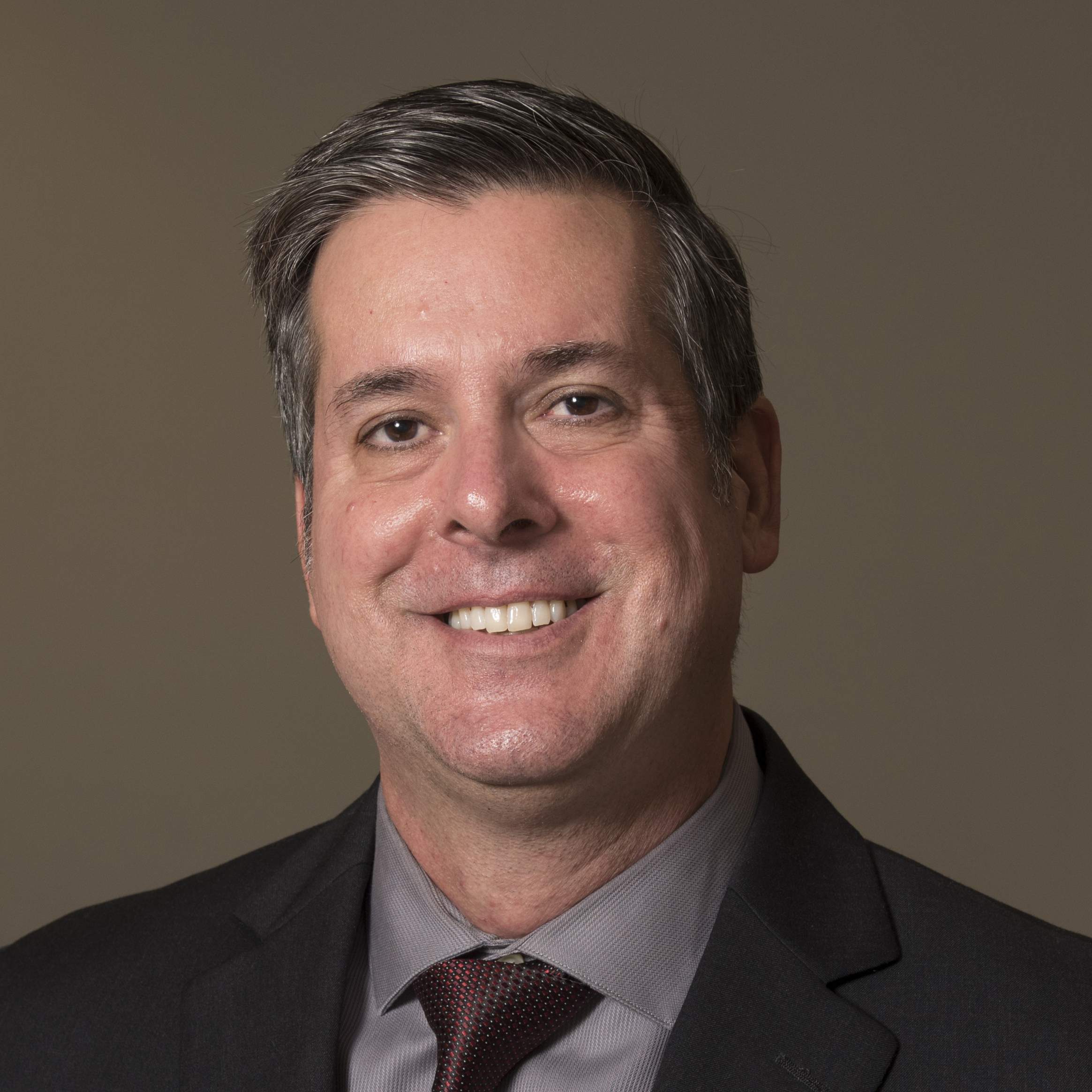COVID-19 and the economics of sports
Mark Wangrin | July 27, 2020

Sports have long held a unifying role in our nation’s history.
In January 1942, as the wreckage of the U.S. Pacific Fleet was still settling into the muddy bottom of Pearl Harbor, Major League Baseball Commissioner Kennesaw Mountain Landis wrote a letter to President Franklin D. Roosevelt, asking whether the upcoming season should even be played amidst the upheaval.
FDR’s response was quick and unequivocal.
“I honestly feel it would be best to keep baseball going,” FDR wrote in the famous “Green Light” letter, going on to emphasize of the value of the sport to the nation’s morale.
So, they played.
As the country once again struggles to rebound from another cataclysmic event, the role of sports as a unifier and morale booster remain important.
But unlike World War II, COVID-19 has forced amateur and professional leagues to halt play and cancel seasons, dealing economic blows that may be difficult from which to recover.
Dr. Todd Jewell, an economics professor at the McCoy College of Business specializes in the economics of sports. He says that professional and amateur leagues will be tested financially by the pandemic, and some may struggle to survive. The structure of sports in the United States may be forever changed.
“Sports are always going to be important because we love them and sports is always going to be an important televised event, because it is live,” Jewell says. “There are very few events like a sporting event that can get large groups of people all over the country around the TV in their living rooms and bars.”
With no NCAA basketball tournament this year, revenues are plummeting, and NCAA requirements that schools field certain numbers of sports for membership will mean cuts will be harsh. The COVID pandemic will only make the matter worse, Jewell says, and lead to a widening separation between the “haves” and “have nots.”
Several factors will dictate how well positioned sports are to weather the effects of the shutdown — television contract, dependence on gate revenue, cost to perform and, for pro sports, the strength of the players union.
“I would say the NFL is best positioned to survive this,” Jewell says. “The NFL doesn’t need fans in the seats. Because of the salary cap and revenue sharing and TV revenue, any franchise could make money without any fans. But that’s only the NFL.
“Major League Baseball (MLB) is different in that they don’t really have a big national tv contract, they have local contracts. Many of those teams depend a lot on game revenues. That’s going to hit MLB even harder.”
MLB players also have the strongest of the professional unions and a collective bargaining agreement which will limit the pay cuts the players can be forced to take.
Jewell says the NBA was hit hard because the playoffs were cancelled, where much of its revenue comes from, but has good television revenues.
“The finances of the NHL (National Hockey League) for some of these franchises are kind of dicey,” he says. “They don’t really have a big TV contract either, if they don’t get to finish their season, they are probably in the worst potential scenario of the four major leagues.”
Gradually, athletics have started to return. As leagues start up, the margin for error is slim, Jewell says.
“All it takes is a couple players or family members to get COVID and they shut it all down,” he says. “That’s really the next question. Should we really be doing this (opening up)? The sports industry has specific issues about keeping their employees safe that other industries don’t.”
Some sports can be conducted with proper social distancing, such as golf, tennis, and auto racing. Some have minimal physical contact, such as baseball. Some have physical contact but have athletes who already wear face coverings and gloves, such as hockey and football. And then there’s basketball, which has no inherent safeguards.
“The one thing in all of this discussion is we need to remember that we are talking about human beings,” Jewell says. “Players want to play, and leagues want to put on games so they can make money, but we can’t forget these are human beings with families.”
Share this article
For more information, contact University Communications:Jayme Blaschke, 512-245-2555 Sandy Pantlik, 512-245-2922 |